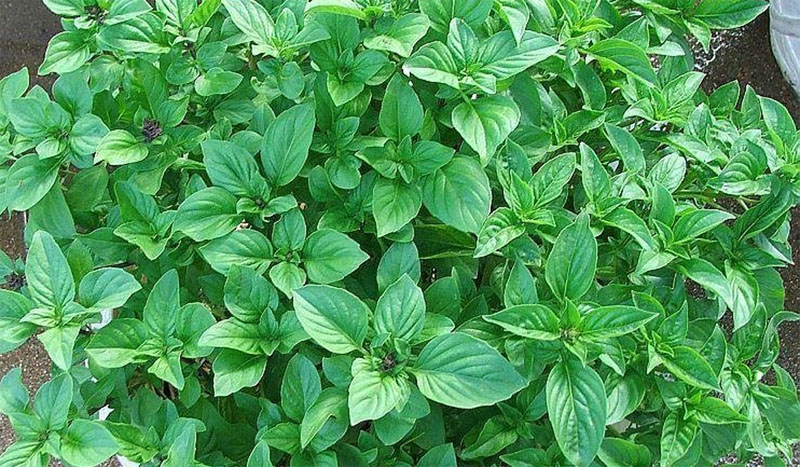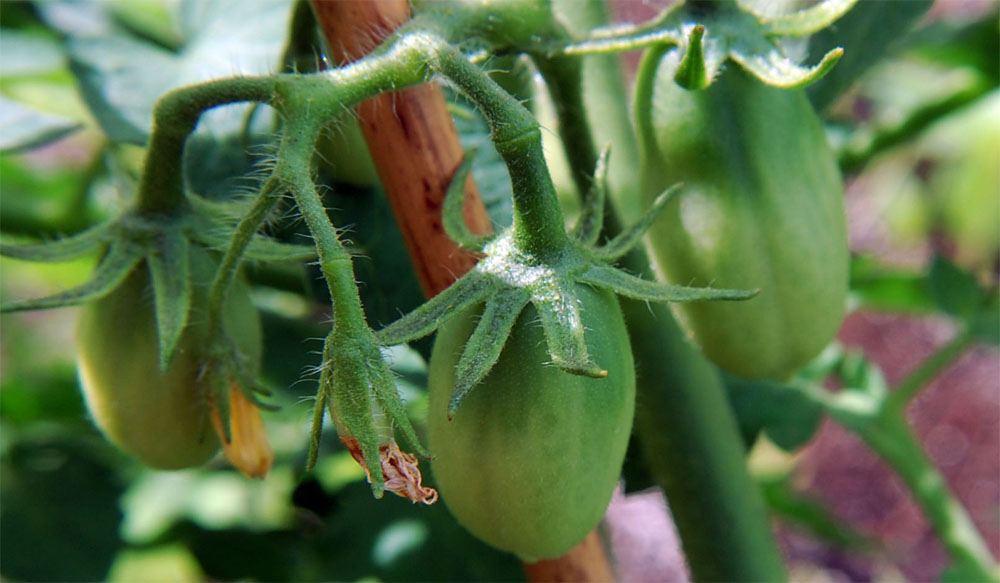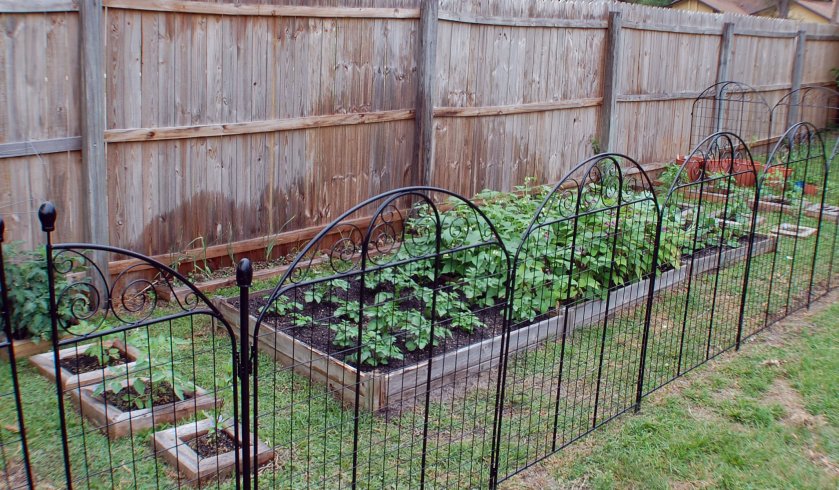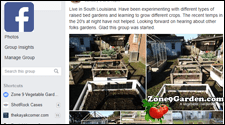Basil is the worlds most famous herb. It is grown around the world and is used in countless recipes. When cared for properly basil is highly productive and can be quite easy to grow.
Soil Requirements
Basil, like many other herbs, requires well drained soil. Soil that holds moisture for too long can cause root rot and fungus to grow on basil roots.
The soil for Basil plants should have a balanced level of N-P-K but a slight bias to Nitrogen can be beneficial as it will help grow the leaves of the plant faster and larger.
If soil hold to much moisture adding sand and other porous, non-moisture retaining amendments to the soil can help it drain faster, but be careful not to over do it and cause the soil to be devoid of nutrients. If the soil is too sandy adding high quality compost or well composted manure will help add nutrients as well as aid in moisture retention.
Location Selection
Sun is the most important consideration when choosing a location to grow basil. It requires at least 6 hours of direct sun a day. Select a location that does not get shade for more than 6 hours and is also in an area that can be accessed easily.
Sowing Basil Seeds
Basil seeds can be sown direct in the soil, but sowing them indoors before the first frost will lead to a higher germination rate, a higher survival rate and better production overall.
Chose either seed starting flats,pots or peat pods. Basil seeds are small and have a relatively low germination rate and because of this are often sold in packets with many seeds.
Sow the seeds about 1/4″ deep with 2-4 seeds per hole. Cover the seeds and keep the soil moist and as close to 70 degrees as possible. On average basil seeds will germinate in 5-10 days.
As soon as all threat of frost has passed and the seedlings are showing a few true leaves Basil plants are ready to transplant out doors. Gently remove the young plant from its container and place it in a pre-prepared hole in the garden that is large enough to fit the entire root ball. Cover all exposed roots and water thoroughly. Maintain the soils moisture until the plant is established outdoors (about 2-5 days)
Care
Once Basil is established it is fairly easy to care for. The plants prefer the soil to become dry to the touch between watering and they do not require heavy fertilization. Once a month adding high quality compost to the soil or an organic fertilizer is often all that Basil will require. If the leaves begin to wilt, that is a sign of to little water and the plant should be watered immediately.
Tips and Tricks
- Prune about 20% of the plant a week after the plant is well established. This will encourage growth and prevent bolting.
- Basil is one of the easiest plants to propagate from a cutting!
- Keep the plant well watered during warmer weather to help prevent bolting to seed.
- If the plant bolts to seed, the Basil will lose its flavor and start to have a “tree bark” like flavor





